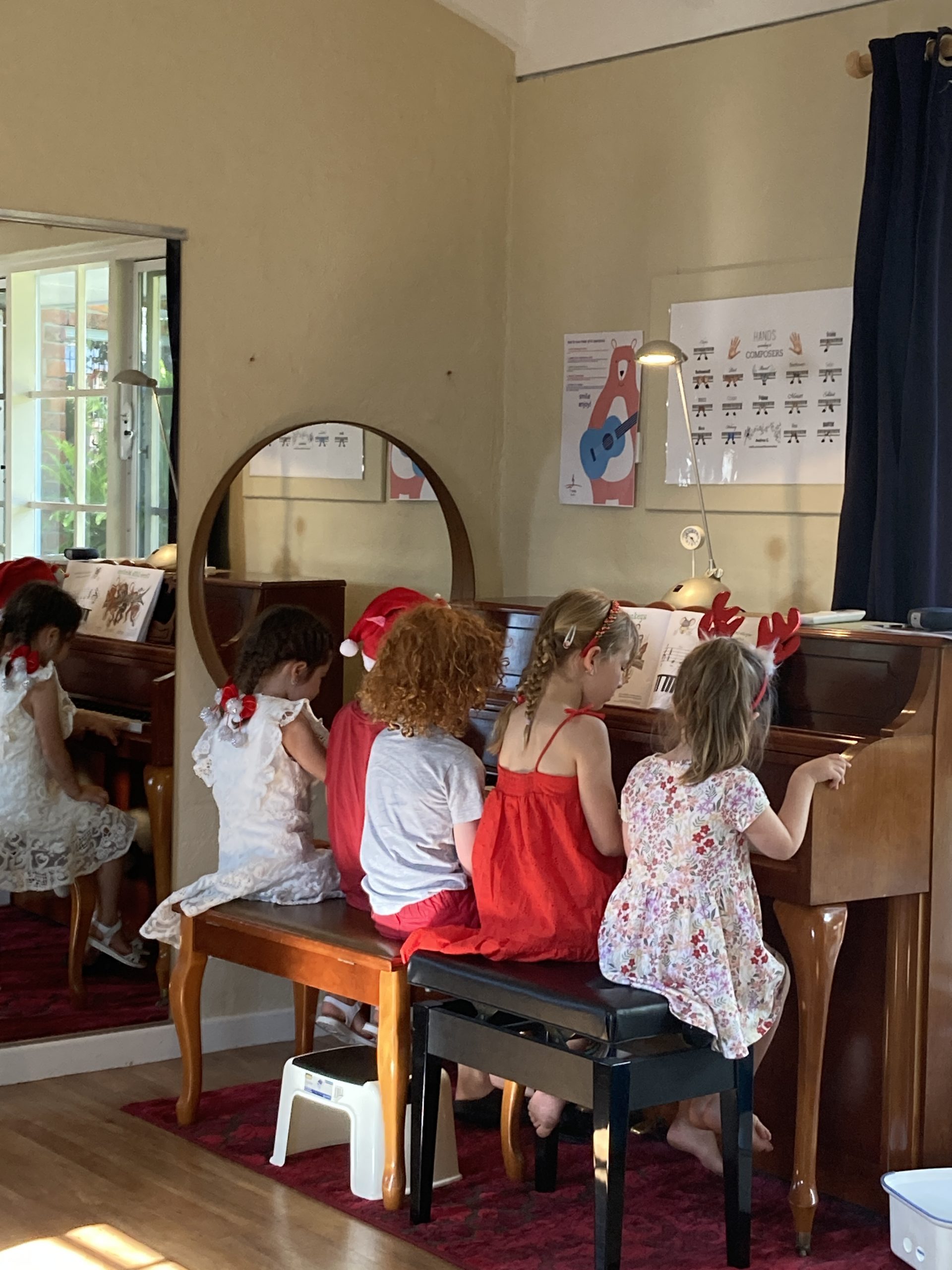purchase neurontin online In my many years of teaching music to children and families, there is usually a pattern in our enrolment, most parents will choose to enrol their children in music classes from the older-toddler age of around 18 months, until 3 years old.
http://dardogallettostudios.com/blog/2014/11/ It stands to reason – from 18 months onwards, children become more and more mobile. They can communicate even in simplistic language, their limbs can now move independently with some degree of control, for example, they can hold and shake a musical bell, and some will overtly demonstrate their enjoyment in music, by bopping or swaying along to the beat. Mentally, they are able to understand simple instructions, engage in basic imaginary play, and are becoming more emotionally independent from their primary carer.
I find that if you stick to at least two years of music group class attendance with your child, the benefits do start to show – they pick up good habits from our regular classroom routines so that they are able to participate in musical activities, sing, dance and have enough confidence and familiarity to play with various musical props in class, without mum and dad’s help.
When they reach the Kindy age of 3 onwards however, music attendance tend to abruptly stop. Again, this is understandable – most parents go back to work, Kindy school will take up 3 days per week, and parents tend to consider Kindy school instruction as sufficient for their child’s education.
However, in my opinion, the period of ages 3 – 5 years old is actually the most crucial time for children to keep up with their music group class attendance. Music will complement their experiences at Kindy school. Now that they have acquired more refinement in manipulating their hands and fingers, playing an instrument becomes easier. Their comprehension and communication skills have grown, their ability to find and keep up with the tempo in a musical piece becomes more honed, and their imagination is in full swing – allowing immersion and enjoyment in all our musical activities.
I ask my parents to picture this: when your child sits in a small group playing shakers together, or waiting for their turn to beat the drum when we are studying a musical piece, they are already learning skills that they need to be successful in school: 1) they acquire the discipline to focus and concentrate, 2) they listen out for each other, 3) they are essentially learning how to play as part of an orchestra 4) and learning becomes a self-fulfilling act – each stage where they find success and enjoyment in music making motivates them further to continue learning following this growth path. So it’s a win-win for all.
Teaching a group of lively 3-5 year olds can be challenging at times, but I am lucky that I can rely on my aptitude and experience to keep the ‘ribbon flowing high’ – I know when it is time to energise the group and dance big, or to settle down to focus and learn a new music definition, or when it is time to perform in our mini-ensemble, or to sing our way into a quiet musical game. As one parent of a 3.5 year old said to me once, “I don’t know what you do there in your 3-year old class, but my daughter comes out of there skipping and humming to herself!”
Music to my ears…
